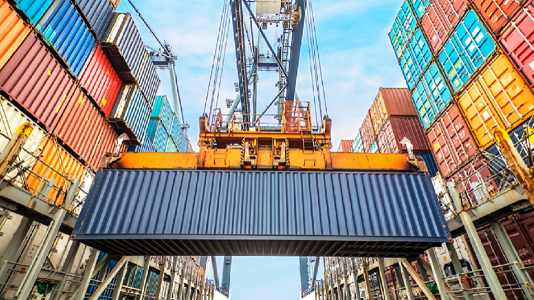
Tunisia’s trade statistics for the first nine months of 2024 indicate a trade balance deficit of -13,496.9 million dinars (MD), marking a slight improvement from the -13,976.1 MD deficit reported during the same period in 2023. The coverage rate—the ratio of exports to imports—has improved by one percentage point, reaching 77.5%, signaling a minor enhancement in trade dynamics.
Exports have experienced a modest increase of 2.1%, rising to 46,404.6 MD from 45,459.4 MD in the corresponding period last year. While this growth is lower than the 7.5% increase seen in 2023, it still indicates a stable demand for Tunisian goods in global markets.
Conversely, imports have also risen, albeit at a slower rate of 0.8%, reaching 59,901.5 MD compared to 59,435.5 MD during the same timeframe last year. This uptick occurs despite a 3.7% decline in imports in the previous year, suggesting a shift in consumer behavior and ongoing economic recovery efforts.
The National Institute of Statistics (INS) attributes the trade deficit primarily to imbalances with specific countries. Tunisia reported significant deficits with China (-6,424 MD), Russia (-4,324.6 MD), Algeria (-3,017.2 MD), Turkey (-1,977.6 MD), Greece (-1,018.3 MD), and Ukraine (-1,055 MD). These figures highlight the challenges Tunisia faces in achieving a balanced trade and underscore the need for strategic initiatives to boost exports and lessen import dependency.
In summary, while Tunisia’s trade balance shows some signs of improvement, the ongoing deficit highlights the importance of continued efforts to promote export growth and enhance the nation’s competitiveness in the global marketplace.
